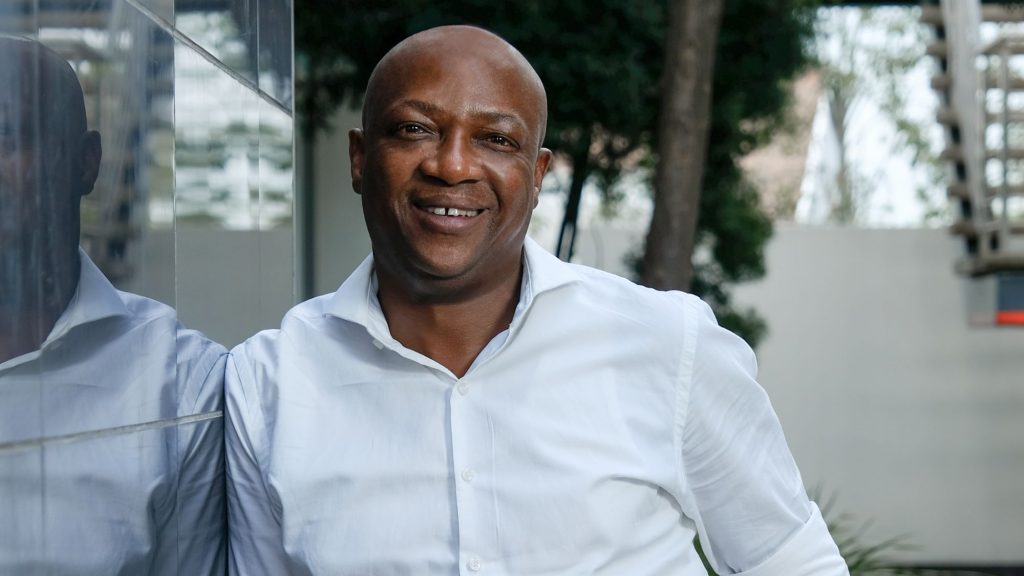By all accounts, the African fintech space is booming. Last year, it attracted more than half the total funding received by start-ups on the continent, with total investments of more than $1 billion. And there’s going to have to be a lot more where that came from if the sector is to make a meaningful impact on a continent with low access to financial services.
But on a continent that’s crying out for greater financial inclusion, the greatest challenge facing the fintech sector is to win the trust of millions of people who are either still unbanked, or view financial services as something that is reserved for the middle classes.
No ad to show here.
There are several reasons why trust in fintechs is low. In Africa, many people simply aren’t comfortable with technology. There’s also the human fear of the unknown: people still trust the names they know, which tend to be established financial services companies, more than their fintech counterparts.
So, how do businesses win widespread trust on the continent? For Dean Hiine, MD for Africa at international calling app Talk360, the starting point has been to create solutions for the everyday problems of African consumers – in its case, connecting people who do not have access to digital communication platforms like the internet and digital payment platforms.
Co-founded in 2016 by Dutch entrepreneurs Hans Osnabrugge and Jorne Schamp and South African venture builder Hiine, Talk360 has become Africa’s leading international calling app, and is widely used in countries such as South Africa, Sudan, Egypt, and Congo. It also supports all the local African payment currencies, including cash.
Building trust starts with offering products and services that are needed, and not a luxury, says Hiine. Right now, calling friends and family abroad is difficult and expensive, this is increasingly true in locations with poor internet connectivity. Offering an affordable and easy-to-use solution to this has seen uptake – and trust – grow rapidly.
Schamp agrees: “To build trust, you need to build a product that is user-friendly, reliable, and adjusted toward the local user. This begins with using the local language, explaining your product in a way that is understandable to the users, and supporting the local currencies and payment methods. Most international digital services do not go that far in localisation and for example, only allow USD or Euro as a currency. The key is to build a global product that can be personalised to suit the needs of a local audience.”
This means allowing for payment methods that the audiences actually use. Many South African users don’t have credit cards: most use cash, so fintechs that want to succeed must give them a way to buy a digital service with cash.
In Talk360’s case, this has meant building its own payment platform to enable users to access the service. In Africa, more than 70% of all consumers are unable to purchase international digital services. Each country has its own unique card or wallet solution, and local currencies are not always supported by international services. Solving this challenge through locally-based solutions, like vouchers, has been key in building acceptance.
Another part of solving this challenge has been finding the right local partners. “In South Africa. for example, we lowered the high entry barriers by partnering with local voucher sellers. Now every spaza shop sells Talk360 vouchers,” says Hiine.
Then there’s the question of reliability. Just about any African can tell you about trying to make a call, but struggling to hear the other person. Ensuring the technology works is a massive trust-builder on the continent.
There are other barriers to be overcome. Apps must be small, and not take up too much space on a mobile phone. This isn’t a consideration in the western world – but it’s critical in Africa. Companies must allow top-ups for small amounts. In The Netherlands, the lowest amount you can top up for is E5. In South Africa, it’s R5 –30 cents in Europe. The African way is to top up frequently with small amounts.
The next level in building trust is to enable opportunities for people through micro-entrepreneurship. In a country like South Africa, where a staggering 70% of the youth is unemployed, creating decent work has several effects. It creates income, which is used in a local community. But it also builds trust through agents being on the ground to help new fintech users install the app, purchase credit and become familiar with its use.
“Ultimately, though, building trust in this new fintech frontier with the public and investors alike is a matter of doing what you say. Building trust is about delivering your promises, and showing genuine care for your people and customers. The companies that can do that consistently over time are the ones that will win in Africa,” says Osnabrugge.
